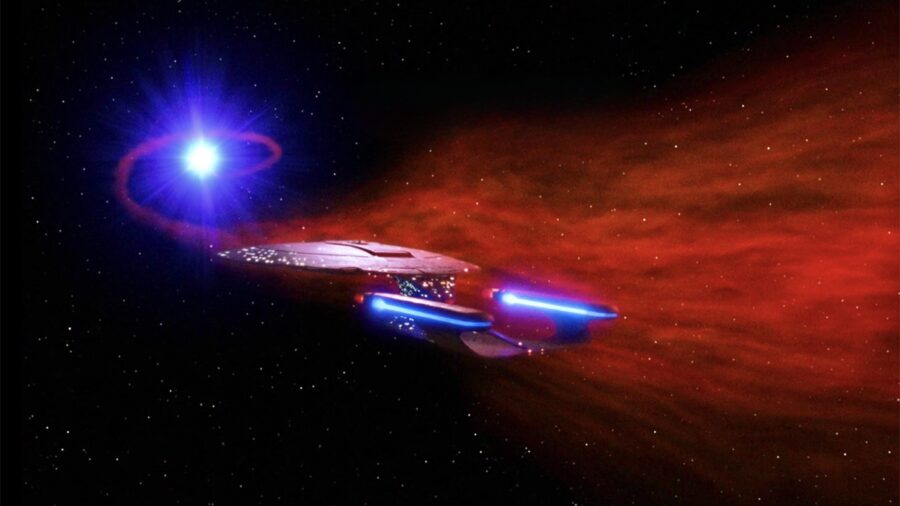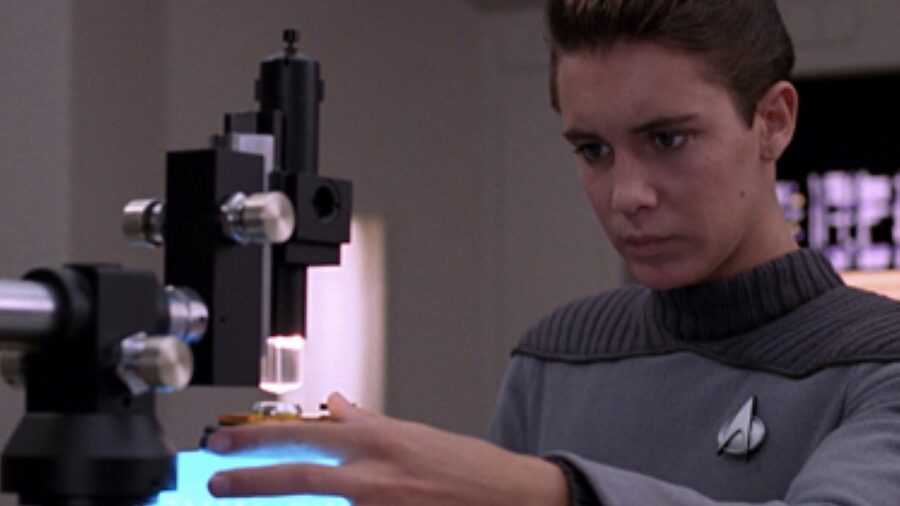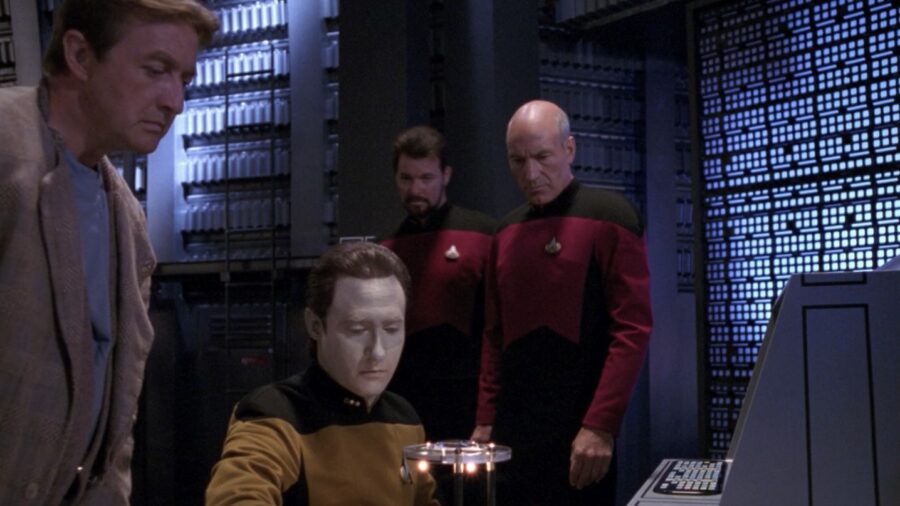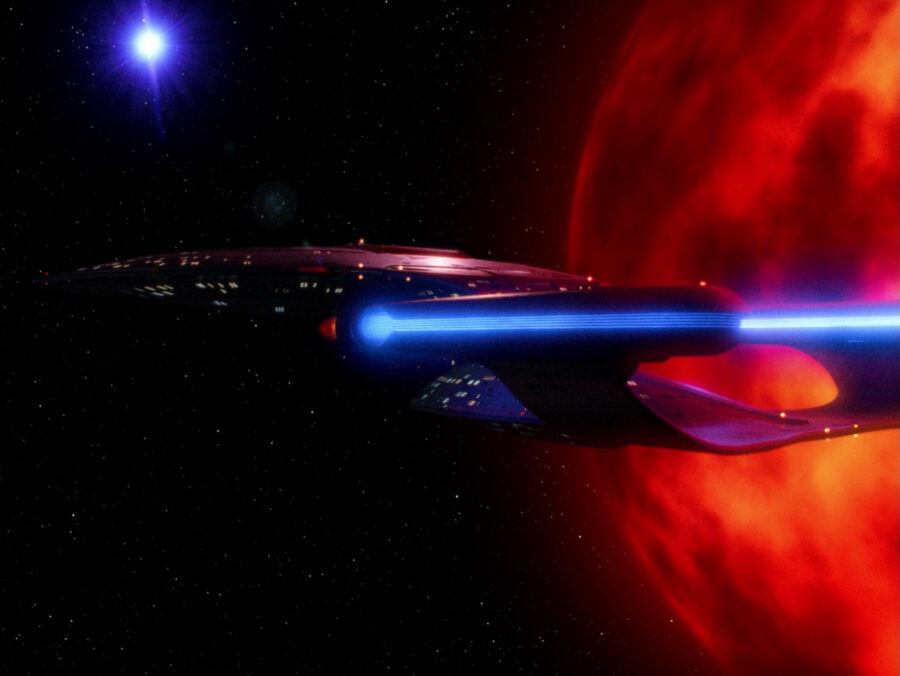By Chris Snellgrove | Published

As a huge Star Trek fan, I always loved “Evolution”, the first episode of the third season of The next generation. The third season was essentially where TNG finally hit its stride, with new uniforms and a new approach to character-driven storytelling that transformed the franchise for the better. Plus, “Evolution” has everything that made the golden age of Trek so special, which is why I was shocked to discover that the creators behind this killer episode mostly thought it was mediocre.
The plot of “evolution”

If you’re a Star Trek fan who needs a quick introduction to “evolution,” here you go: this is the episode in which the Enterprise escorts an eccentric scientist in hopes of observing and record data from a cosmic phenomenon that only occurs once every 196 years. Meanwhile, Beverly Crusher is back on board and trying to bond with her son Wesley, but he is too focused on his studies. So concentrated, in fact, that he accidentally lets nanites escape and they infect the ship’s core. As the creatures evolve, they threaten this urgent experiment, and in true TNG fashion, diplomacy with this new life form ultimately saves the day.
For my part, I thought it was a great Star Trek episode. It’s not the best in the franchise or anything, but “Evolution” is arguably the strongest first episode of the season, one that seems even stronger in comparison to “Shades of Grey,” the music video crapfest show that ended Season 2. That’s why I was so surprised that the creators behind the episode found it mediocre, starting with showrunner and general TNG savior Michael Piller.
A mediocre start to the season

Despite the Star Trek showrunner actually while writing “Evolution”, Piller still concluded that “it was a B episode”. Stating that it “went well,” he still lamented that “I didn’t hate it.” While emphasizing that he was still “proud of the episode,” Piller summed up his thoughts by saying that the episode “didn’t really come off.”
Veteran Star Trek director Winrich Kolbe was responsible for bringing this episode to life, and he shares Piller’s assessment of the episode’s mediocrity. He initially praised the plot of a scientist who “suddenly discovered there were ramifications he hadn’t thought of” and said he “loved” that “he there’s a certain amount of immaturity, arrogance or whatever. However, he felt that “everyone considered this a children’s show, even the writers”, which led to a “very serious problem” (these nanites could have easily destroyed the Enterprise and threatened the Federation) which “was not processed correctly” on the screen. .

Kolbe is one of the most reliable Star Trek directors, and Piller more or less saved The next generation from the death spiral of its first two seasons, but I just can’t understand their criticism of “Evolution.” This gave us a perfect Original series setup with the eccentric scientist and the weirder space phenomenon, but it added a real New generation twist by having Picard save the day using diplomacy and not violence. We even witnessed the birth of a new life form, and if “searching for new life” isn’t Trek enough, I honestly don’t know what is.
Star Trek: The Next Generation There were better episodes than “Evolution”, but arguably no better start to the season. It’s a standalone story that’s eminently rewatchable, even if its writer and director consider it a B episode. And given the remarkable unevenness of the franchise’s NuTrek era, this “B” episode now just seems bright.




